
Psyllium for Horses in Sandy Areas
Horses living in areas with sandy soil are at a greater risk of sand colic and impactions. An equine nutritionist offers advice on mitigating this risk.
Horse-health-problem risk factors, prevention, diagnosis, and treatment

Horses living in areas with sandy soil are at a greater risk of sand colic and impactions. An equine nutritionist offers advice on mitigating this risk.
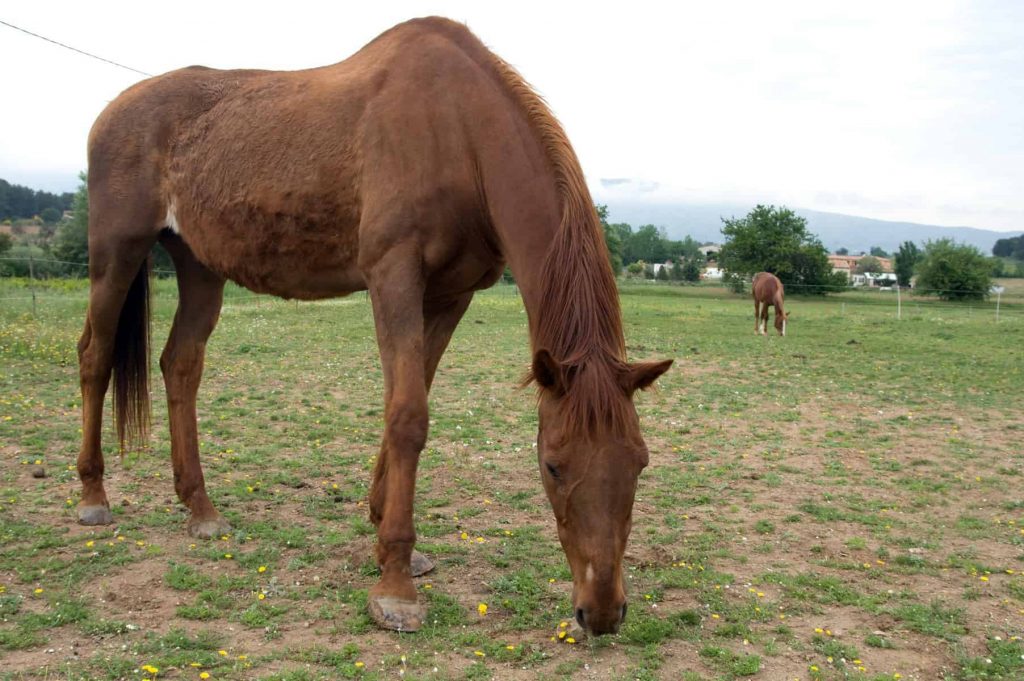
Chronic diarrhea can be very frustrating for horse owners and veterinarians to treat. An equine nutritionist offers advice for handling these challenging cases.
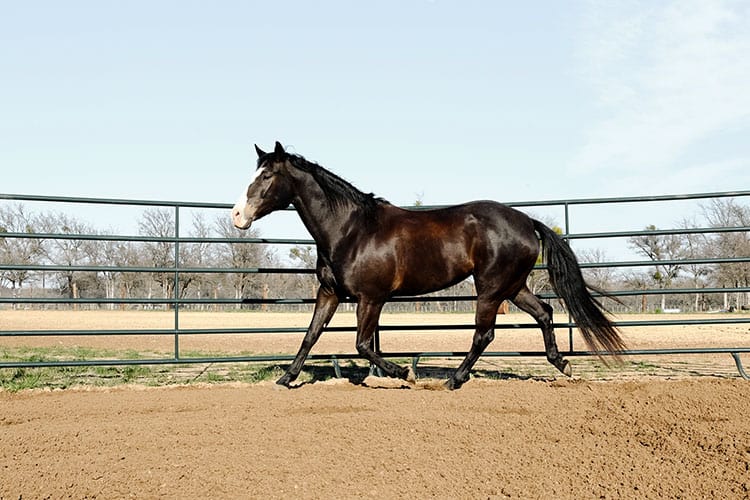
Exercise significantly affects risk of gastric ulcer development in horses, particularly in the glandular region, which underscores the need for management precautions.

Everything you need to know about glandular and squamous gastric ulcers in horses, from clinical signs to treatment.

Grazing muzzles can promote equine weight loss, but it is important to introduce them correctly so horses know how to use them and don’t become stressed.

Follow these steps to help your overweight horse subsist on fewer calories.

Here’s how to implement feed and exercise changes for horses that are overweight or obese.

Learn how to help your horse shed his excess pounds safely.
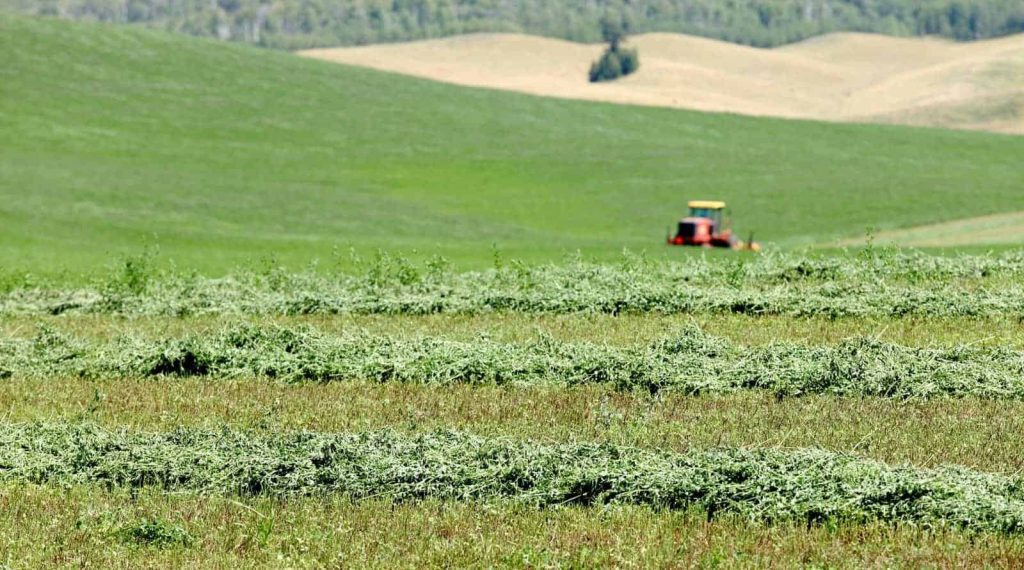
Learn how to choose the right type of forage for horses with metabolic problems.

Understanding the differences between these groups’ microbiomes and adjusting dietary and management practices accordingly could help improve domestic horse welfare.
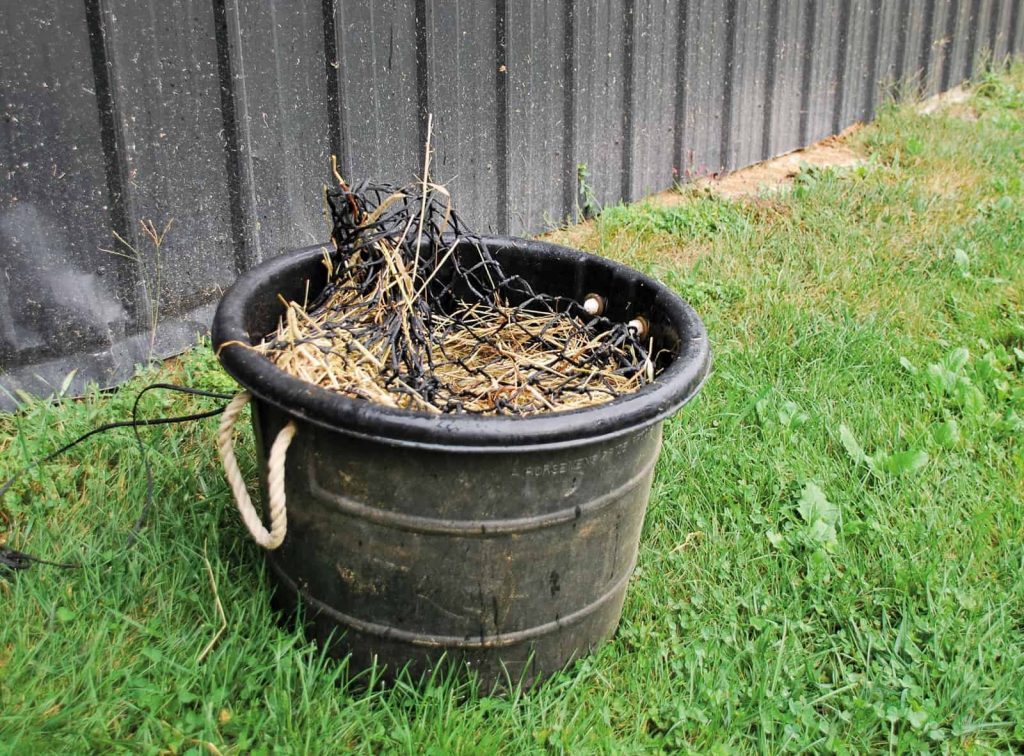
Soaking hay for horses with PPID or insulin dysregulation can reduce the WSC and ESC values, making it safer for these horses to consume.
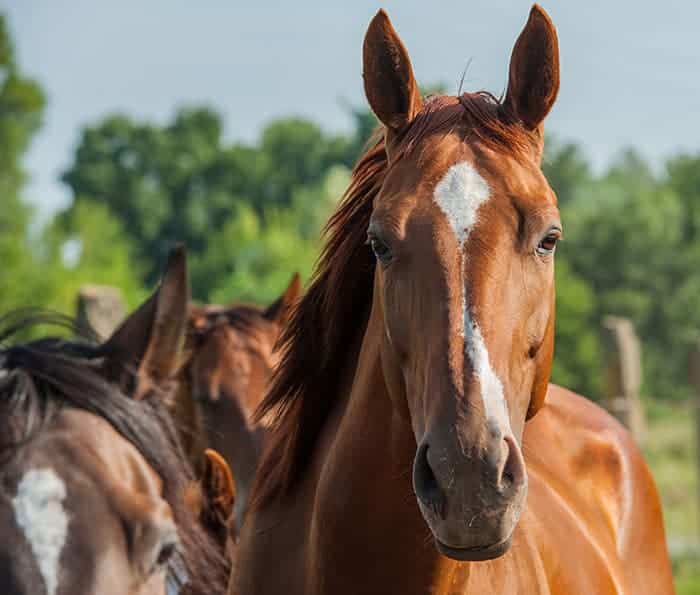
Advancements in equine imaging have made it possible for veterinarians to better understand the anatomy and pathologies of their patients.
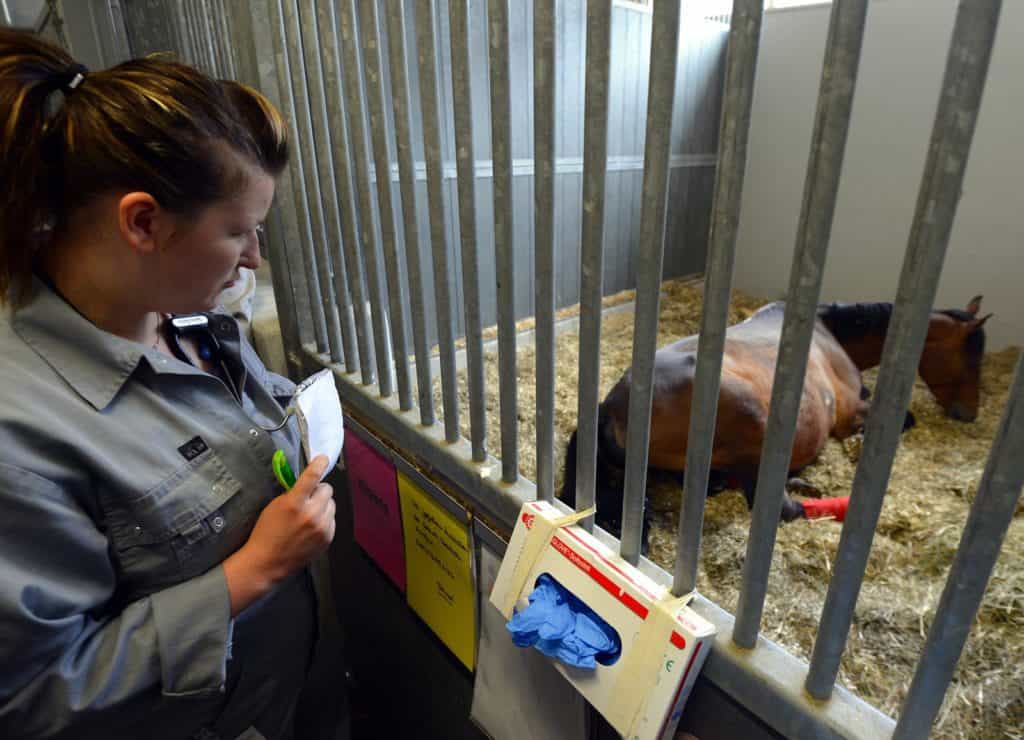
Discover what you should do to prepare for a colic episode, considerations to make, and things to keep in mind after surgery.

7 things to know before a horse colics, so you can maximize the chances of a successful outcome.

Researchers found that many respondents either felt like they already had good colic emergency plans in place, or they had no intention of creating them.

Due to their small head sizes, Arabians often suffer from overcrowding teeth, respiratory disease, and poor sinus drainage that can be difficult for veterinarians to treat surgically.
Stay on top of the most recent Horse Health news with
"*" indicates required fields